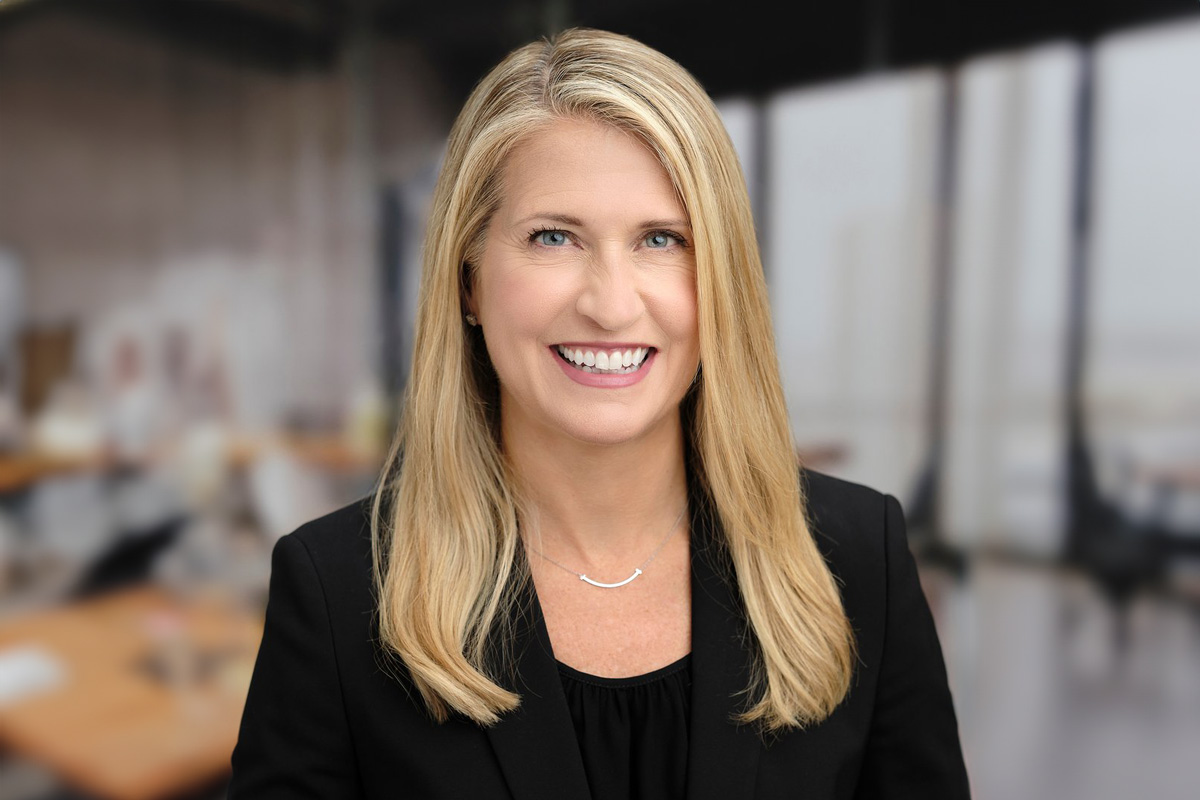Dr. Constance Hadley of Boston University’s Questrom School of Business presented at this Cornerstone Research networking event for women professionals in the legal community.
The rise of remote and hybrid work has created new challenges for building and maintaining professional relationships. To explore these issues, we welcomed Dr. Constance Hadley, of Boston University’s Questrom School of Business and the Institute for Life at Work, a leading expert on the future of work, successful teams, and inclusive cultures.
In a research-based talk, Dr. Hadley shared strategies for connecting in a hybrid environment, fostering a social support system for all, and promoting the intangible actions that drive positive workplace cultures.
This presentation was sponsored by Cornerstone Research Women’s Forum, which fosters discussion of thought-provoking topics relevant to professionals working in the legal community. The evening offered valuable content, lively conversation, and networking with local women legal professionals and senior staff of Cornerstone Research.
